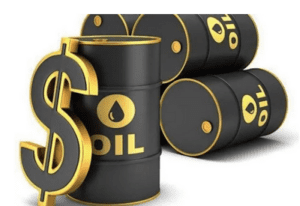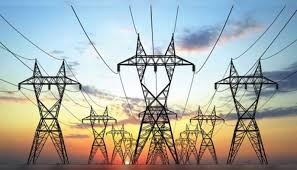


Petroleum subsidy strains economy leading to inefficiencies, hindering investment in energy security —Tinubu
By Matthew Denis
President Bola Tinubu has disclosed that the petroleum subsidy has, over the years, strained Nigeria’s economic resources, leading to inefficiencies and, most importantly, hindering the nation’s ability to invest in critical areas of energy security.
The President made the disclosure while making his inaugural speech at the ongoing Nigeria International Energy Summit (NIES) held in Abuja on Tuesday.
Speaking on the theme of this year’s summit, “Navigating the New Energy World Order: Security, Transition, and Finance,” he said it is not only timely but also critical as we find ourselves at the crossroads of a rapidly transforming global energy landscape.
The President stressed that “Energy Security, as we know, is of paramount importance. It is not just a national concern; it is a global imperative. In the face of emerging challenges, both geopolitical and technological, we must ensure the resilience of our energy infrastructure. The decisions we make today will impact the energy security of generations to come.”
“By removing the subsidy, we are creating a more transparent and accountable energy sector. The funds that were previously allocated to subsidizing petroleum products are now redirected towards developing and upgrading our energy and other social infrastructure.
“The removal of the subsidy has encouraged further private sector participation in the energy industry with potential of attracting more local and international investors, fostering innovation and competition that will drive down costs and improve the overall efficiency of our energy sector.
”I am acutely aware of the immediate impact this decision may have had on our citizens, especially those with lower incomes. Therefore, in parallel with the subsidy removal, my administration is committed to implementing social intervention programs to mitigate the short-term effects on vulnerable populations. These programs will ensure that the burden of the subsidy removal is shared equitably and that the most vulnerable among us are protected.
“The decision to remove the petroleum subsidy is not an easy one, but it is a necessary one for the long-term energy security and economic prosperity of our beloved nation. I call upon all stakeholders, including industry experts, policymakers, and the general public, to engage in constructive dialogue and collaboration as we navigate these challenging but transformative times. Together, we can build a resilient and sustainable energy future for Nigeria.”
According to him, “Finance, as always, plays a pivotal role in driving the energy agenda. Adequate funding is crucial to support the development and deployment of cutting-edge technologies, infrastructure, and projects that will shape our energy future.”
“I challenge each one of you to actively participate, engage in meaningful discussions, and contribute your expertise towards finding solutions to the complex energy challenges we face. Together, we can navigate the new energy world order with resilience, innovation, and a shared commitment to a sustainable and secure energy future for Nigeria.”



